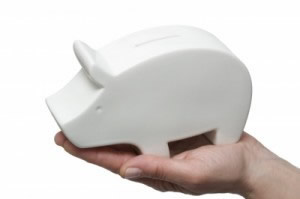Chase Freedom among best cash back credit cards
Published 11/6/10 (Modified 1/7/14)By Joe Taylor Jr.
Instead of flooding my mailbox with balance transfer offers, lenders have been bombarding my web browser and my DVR with ads that make me believe that picking the right credit card can help me live the good life. And while I still would love some help knocking down the interest on a few emergency purchases I made with plastic, the Chase Freedom card could convince me to cash in on my love for keeping my wallet streamlined.
The recession forced many lenders to rethink their approach to customer service, and Chase certainly took its lumps after trying to swallow what some folks call a forced acquisition of Washington Mutual's credit card portfolio. In line with the times, the Chase Freedom card forces critics to take a second look at five compelling features designed to help consumers use credit responsibly.
Getting debt-free beats no balance transfer fee
First, the down side. Chase Freedom is one of those cards that carry a three percent or five dollar, whichever is greater, processing fee for balance transfers. Unless you qualify for the lowest possible APR on the card and you're transferring a balance from a card with very high finance charges, switching to a Chase Freedom wouldn't be a good move on that count.
However, Chase Freedom is the first card in a long time that helps you strive to become debt-free. Chase used the Freedom card to pilot its "Blueprint" series of online account tools. The
Read the full article » By Michele Lerner
By Michele Lerner  By Sierra Black
By Sierra Black  By Peter Andrew
By Peter Andrew  By Megg Mueller
By Megg Mueller